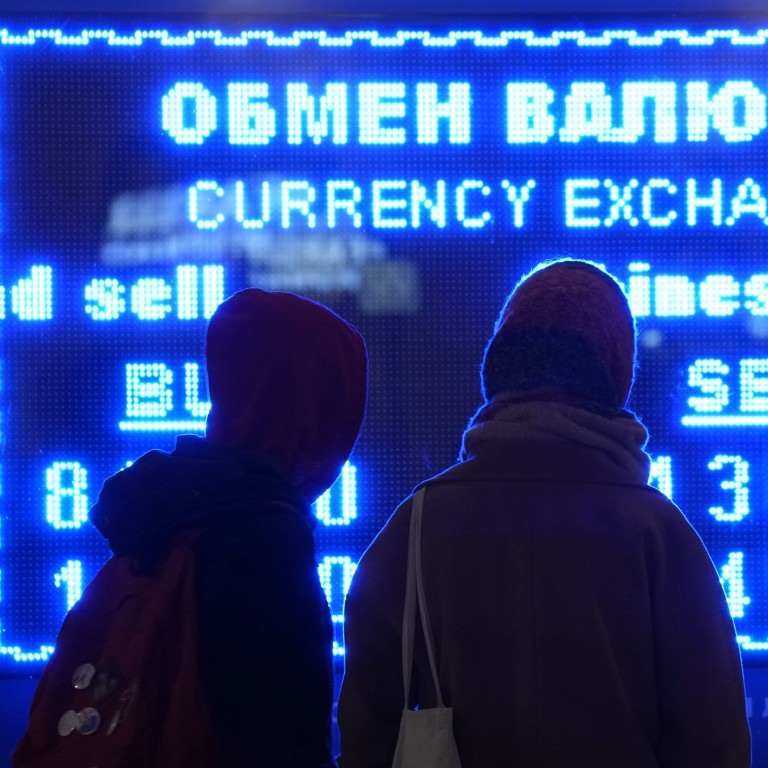
Should frozen Russian assets be handed over to Ukraine?
- Calls to use Russia’s frozen assets to fund Ukraine’s war effort are growing but such a move might set a dangerous international legal precedent
- A multilateral framework that governs the use of sanctions can help assure countries that their assets would not be seized on flimsy grounds
The US now wants to take an even bolder step, confiscating Russia’s assets and transferring them to Ukraine. Their argument is straightforward: Russia should be made to compensate Ukraine for its illegal and highly destructive war. Russia’s central bank reserves would fulfil – at least in part – Ukraine’s valid claims for war damages.
Financial sanctions are a weapon that affects a country’s external monetary sovereignty and its ability to manage its currency, reserves and payment system. Like any other powerful weapon, they should be deployed in accordance with international legal principles and clear governance. To this end, the G7 and the G20, together with the international financial institutions, should create a multilateral framework to govern financial sanctions’ use.
There is little reason to expect this to change any time soon. As then-US Treasury Secretary John Connally famously put it in 1971, “the dollar is our currency, but your problem”. With the US and its allies embracing financial sanctions to achieve geopolitical objectives, Connally’s dictum might be even truer today, with implications that extend well beyond the war in Ukraine.
While the emerging alternative monetary and payment systems would not replace the existing architecture – at least not soon – they could lead to fragmentation of rules, standards and even institutions, in turn causing even more international tension and instability. What a peaceful and prosperous world actually requires are shared institutions and rules.

A multilateral framework governing financial sanctions would allow for their use in extreme situations, such as when a country violates international law by launching an unprovoked invasion of another sovereign’s territory. As was the case with Russia, this can serve both to punish illegal behaviour and curb perpetrators’ capacity to continue engaging in it, while deterring similar behaviour by others.
But such a framework would also establish conditions that must be met before sanctions could be applied – beginning with the requirement that a clear breach of international law has occurred – so that they are not imposed on flimsy grounds. And it would include mechanisms to ensure accountability for violations. Only then can the global financial system continue to function in a way that benefits all countries that depend on it, not just those in charge.
Paola Subacchi is incoming chair in sovereign debt at Sciences Po
Rosa M. Lastra is chair in nanking law at Queen Mary University of London



